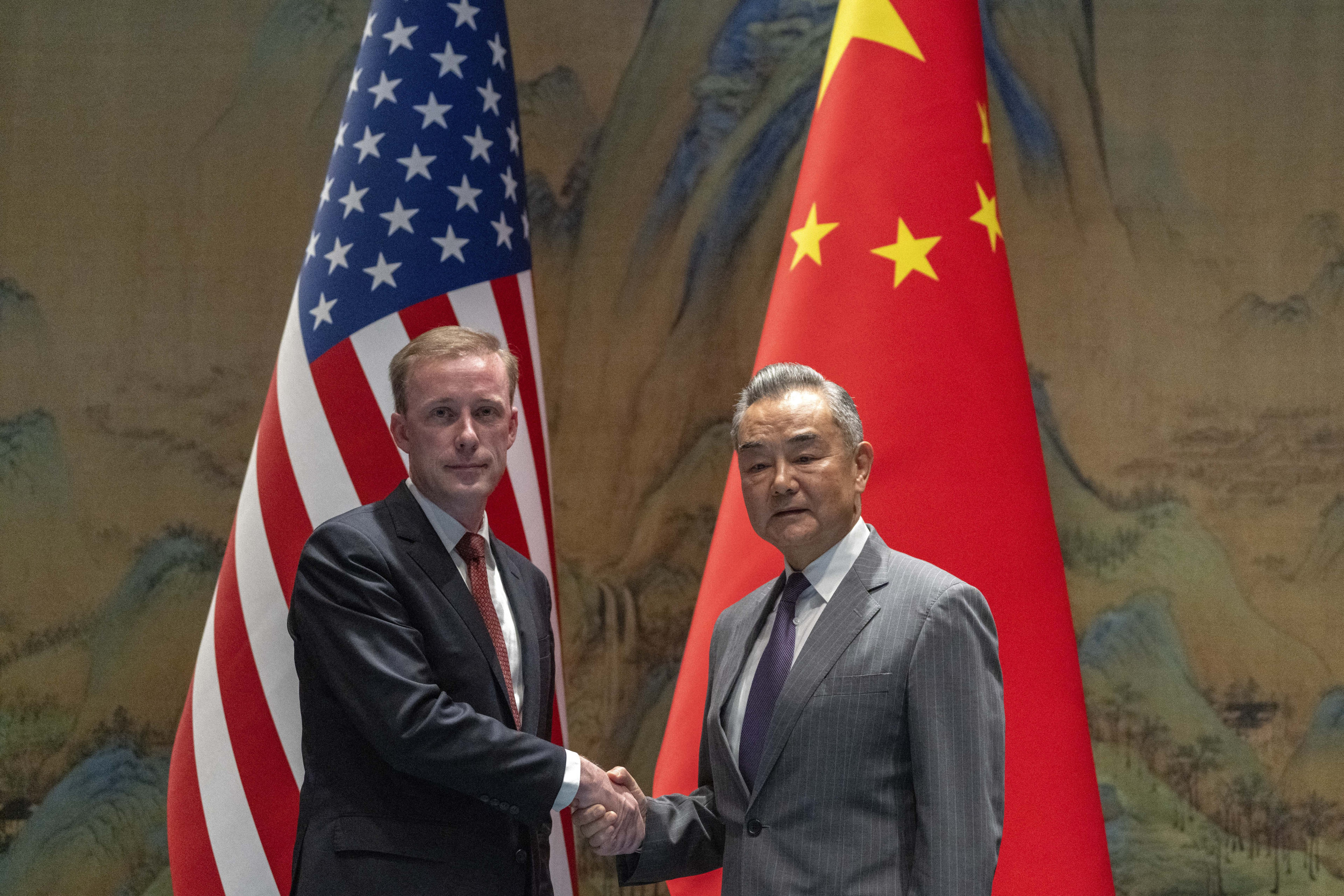As tensions escalate between Taiwan and China, Beijing’s Foreign Minister Wang Yi has shared concerns over Taiwan’s independence, claiming it’s the biggest threat to regional stability. His comments came during a visit from U.S. National Security Adviser Jake Sullivan.
Wang reassured that China will avoid actions that might further aggravate tensions with the U.S. or other nations. Tensions peaked back in May when Taiwanese President Lai Ching-te faced extensive military drills from China, triggered by his assertion of Taiwan’s status as a “sovereign, independent nation.” Although Taiwan has operated independently since 1949, China insists it is part of its territory and hasn’t ruled out military action to achieve unification.
Additionally, China has threatened to retaliate if Taiwan formally declares independence. However, President Lai, following in the footsteps of former President Tsai Ing-wen, believes there’s no need for such a declaration since Taiwan functions as an independent state.
Wang, quoted by the state-run Xinhua News Agency, also urged the U.S. to recognize China’s stance and support the country’s peaceful reunification. In contrast, Sullivan emphasized the importance of maintaining “peace and stability across the Taiwan Strait” during their talks.

Ng Han Guan / POOL / AFP/Getty Images
During their discussions, Sullivan reiterated President Biden’s commitment to managing U.S.-China relations responsibly. His trip, which will last until Thursday, aims at fostering communication amidst what has been a turbulent relationship over the past year.
The U.S. is keen to stabilize ties with China amidst numerous disputes, including trade issues and China’s support of Russia during its invasion of Ukraine. Despite these political rifts, the two nations are economically intertwined, with many Chinese moving to the U.S. as China deals with its own economic difficulties.
Another area of contention is the South China Sea, where the U.S. military has hinted at providing protection to Philippine vessels amidst rising tensions with China over the resource-rich waters. Both nations acknowledge the need for continued military communication and are planning a significant phone call between theater commanders soon.
This article incorporates reporting from The Associated Press
